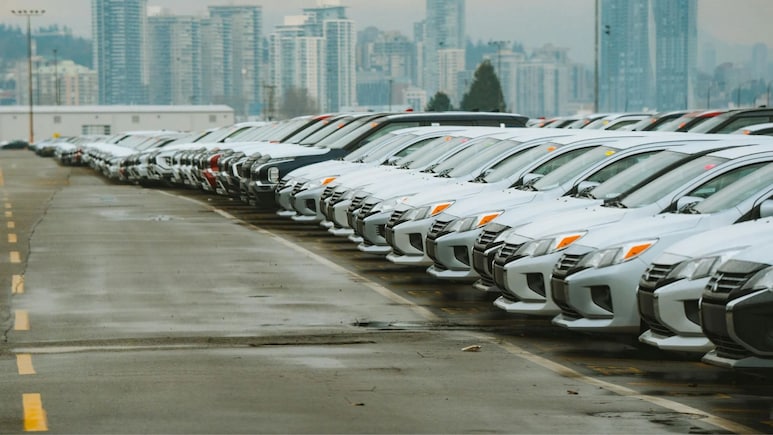
Manufacturers of small cars took a sigh of relief with the new draft of the CAFE 3 norms, which proposes giving relaxation for sub-4m petrol cars. However, the proposal also makes average CO2 emissions stringent from April 2027. It also seeks incentives for electric vehicles and range extender hybrid electric (REE) vehicles, putting them in the same circle as the flex fuel, plug-in hybrid, and strong hybrid vehicles.
What Qualifies For Small Cars
Cars that are shorter than four meters, weigh under 909 kg, and have engines below 1200 cc will receive a benefit of 3 grams when calculating carbon dioxide (CO2) emissions under the Corporate Average Fuel Efficiency (CAFE 3) regulations, according to the Bureau of Energy Efficiency (BEE). This advantage is capped at a maximum of 9 grams per kilometer for the duration of the new standards, which will be in place for five years.
Also Read: Maruti Suzuki Invicto Scores 5-Star Rating In BNCAP Crash Tests
Who Will Benefit?
Manufacturers like Maruti Suzuki, Tata Motors, and Hyundai will benefit most from the updates regarding small cars. Maruti gains the most with models like the Swift, WagonR, Alto K10, Dzire, Baleno, and others. Meanwhile, Tata and Hyundai will reap the benefits from models like Tiago, Tigor, Punch, i10, Exter, and others in their respective fleets.
Fleet-Wide Efficiency Mandate
The CAFE standards mandate that auto manufacturers enhance the fuel efficiency of their entire vehicle lineups, rather than focusing on individual models. By imposing restrictions on the sales-weighted average CO2 emissions of a company, these regulations encourage OEMs to create and market more fuel-efficient vehicles, including hybrids and electric models, to offset the emissions from larger, less efficient cars.
Credit System to Promote Clean Tech
To encourage the adoption of cleaner technology vehicles, the proposal suggests a credit system that gives manufacturers a chance to mitigate the effects of models with greater emissions by assigning additional "weight" to electric vehicles, range-extender hybrids, flex-fuel ethanol vehicles, and strong hybrid vehicles. These credits act as multipliers applied to vehicle categories when determining a manufacturer's overall average CO2 performance.
According to the latest proposal, one battery electric vehicle and a range-extender hybrid electric vehicle will be equivalent to three vehicles in the fleet-average calculation. One plug-in hybrid electric vehicle or one strong hybrid electric vehicle will count as 2.5 vehicles, whereas one strong hybrid will be treated as 2 vehicles, and one flex-fuel ethanol vehicle will be regarded as 1.5 vehicles.
OEMs Can Form Compliance Groups
The draft also suggests that manufacturers may establish compliance groups consisting of up to three OEMs. Each group will be regarded as a single unit for regulatory reasons, with the overall CO2 emissions average determined from the total sales of all participating companies. A designated pool manager will be held accountable for any penalties if the collective does not comply with the emission standards.
Track Latest News Live on NDTV.com and get news updates from India and around the world
